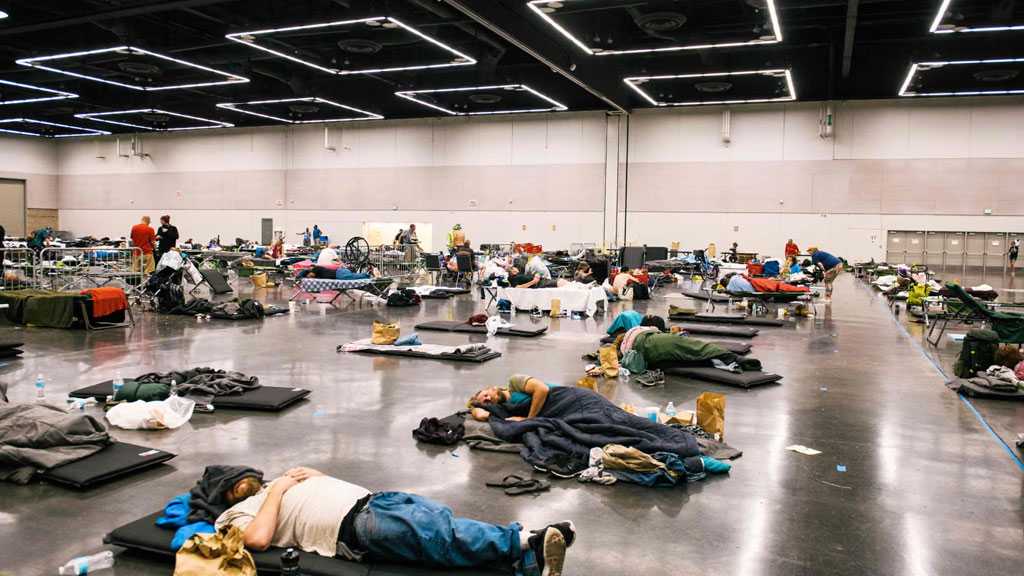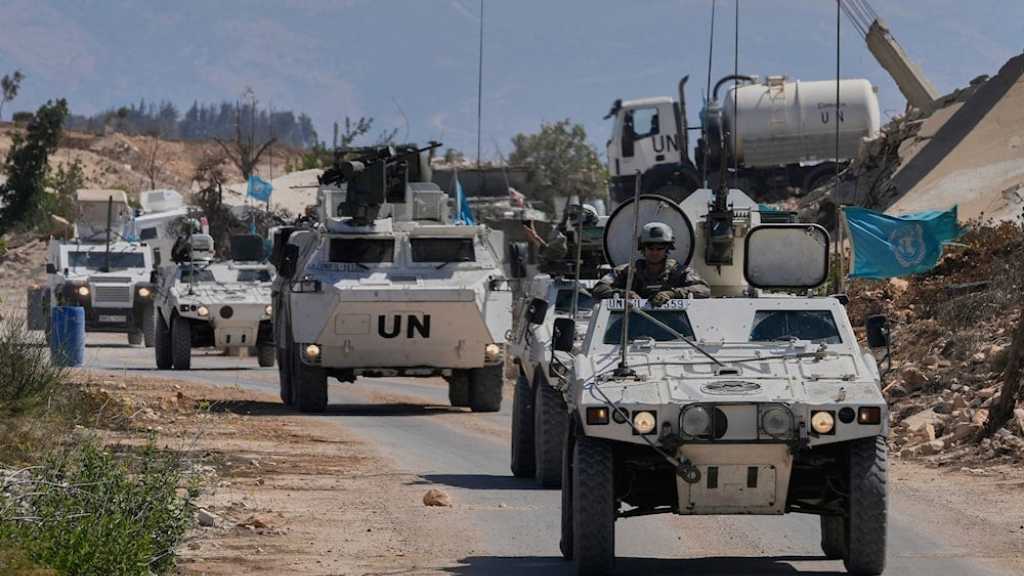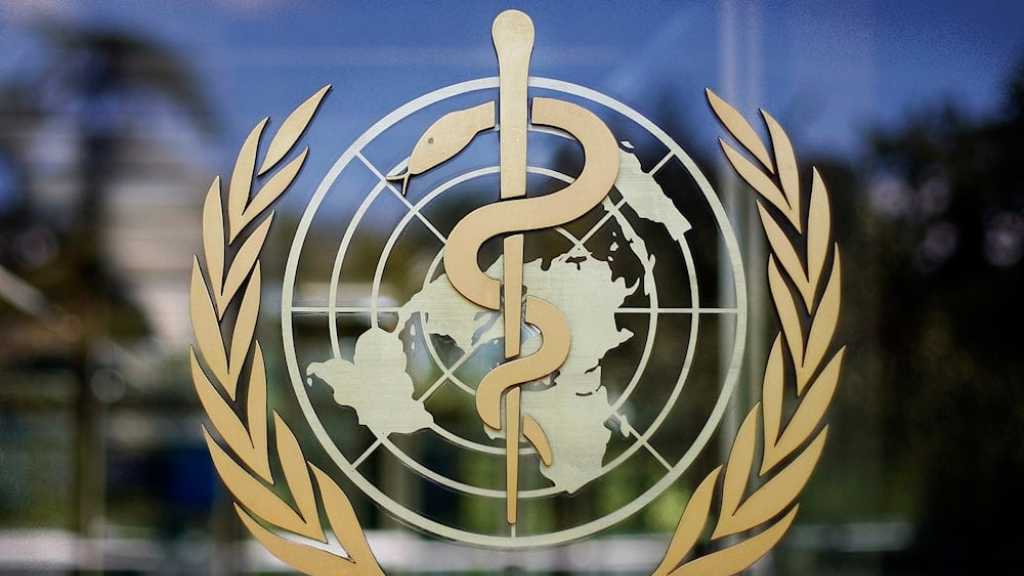Analysis: Trump’s Climate Rollbacks Could Drive 1.3m Additional Global Deaths

By Staff, The Guardian
A sweeping joint analysis by ProPublica and The Guardian warns that the Trump administration’s dismantling of climate policies and expansion of fossil fuel development could lead to as many as 1.3 million additional temperature-related deaths worldwide over the next century.
The projection, based on advanced climate-mortality modeling, underscores the global human cost of policies that increase emissions—most of which will be borne by poor, heat-vulnerable regions far from the US.
According to the analysis, extra greenhouse gases expected to be released by Trump’s policy reversals over the next decade would heat the planet throughout the 80 years after 2035. Most of the resulting deaths will occur in Africa and South Asia—regions that contributed the least to global emissions and remain among the least prepared to withstand extreme heat.
Researchers modeled the consequences of Trump’s “America First” agenda, which has aggressively rolled back emissions rules, cut clean-energy incentives, and expanded oil, gas, and coal development. Using emissions projections from the nonpartisan Rhodium Group and applying a peer-reviewed metric known as the mortality cost of carbon, the analysis estimates that 5.7 billion metric tons of additional carbon released by 2035 would translate into more than a million excess heat-related deaths by 2115.
The mortality-cost metric—developed by economist R. Daniel Bressler—estimates the number of temperature-related deaths caused by each additional metric ton of carbon emissions. While the model accounts for both heat- and cold-related mortality, it does not factor in deaths from drought, conflict, flooding, diseaseor reduced crop yields. The true global death toll linked to Trump’s policies would therefore be significantly higher.
Climate experts interviewed for the report stressed that those most at risk already live on the edge of survival: elderly people, children, outdoor laborers, people with disabilities, and communities without access to cooling or stable housing. In recent years, increasingly severe heat waves—many made virtually impossible without human-driven climate change—have driven up global mortality. In the US alone, heat-related deaths have risen more than 50% since 2000.
The analysis notes that while the US is historically responsible for roughly 20% of global greenhouse-gas emissions, it is projected to experience only about 1% of the worldwide temperature-related deaths resulting from Trump-driven emission increases. Countries such as Niger, Somalia, India and Pakistan are expected to suffer the highest death tolls. “People in my community will die,” said Pakistani climate activist Ayisha Siddiqa, recalling the deadly 2022 heatwave in South Asia that hospitalized her father.
The findings come as world leaders convene in Belém, Brazil, for a major climate summit—one the US pointedly did not attend. Participants stressed that Washington’s absence, combined with Trump’s rapid policy reversals since returning to office, signals a profound retreat from global climate cooperation.
In his second term, Trump has erased nearly all of the Biden administration’s climate achievements. On his first day back in office, he withdrew the US from the Paris Agreement, which he once called a “rip-off.” He later signed a sweeping domestic policy bill slashing tax incentives for renewable energy, weakening methane rules, reversing vehicle-emissions standards, and making it cheaper to drill or mine on federal lands. The EPA, boasting of “the biggest deregulatory action in US history,” has also dismantled rules constraining pollution from cars, trucks, power plants, and oil-and-gas operations.
Asked about the projected death toll tied to these reversals, a White House spokesperson dismissed the concerns as part of the “Green Energy Scam” and rejected Bressler’s mortality-cost metric. Climate scientists, however, have widely endorsed the approach, noting that it is conservative and excludes the majority of climate-driven harms.
Bressler’s research outlines multiple possible futures. In a pessimistic scenario where emissions keep rising until 2100, the world could face 83 million temperature-related deaths this century. If Trump’s policy changes remain in effect, he warns, they will substantially increase that toll. Under more optimistic global scenarios—where emissions fall sharply by 2050—the number of deaths declines dramatically, but Trump’s rollbacks still add hundreds of thousands of avoidable fatalities.
For Bressler, the conclusion is stark: “If you do things that add emissions, you cause deaths. If you do things that reduce emissions, you save lives.”
Comments



